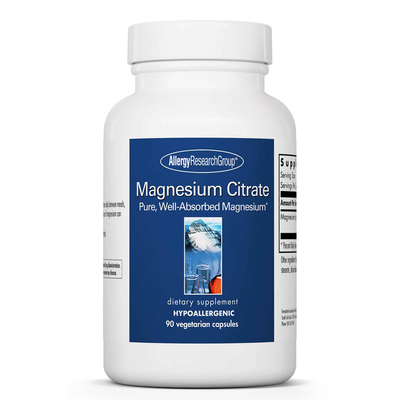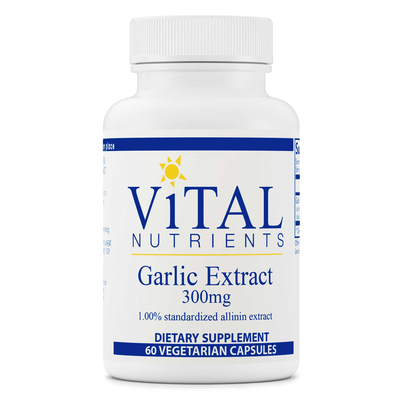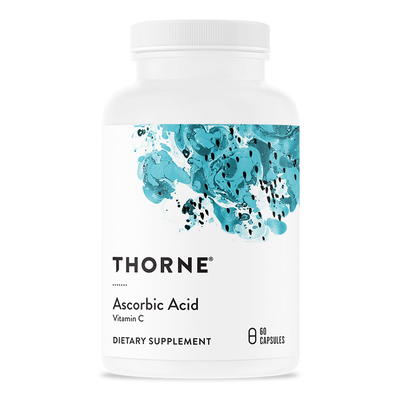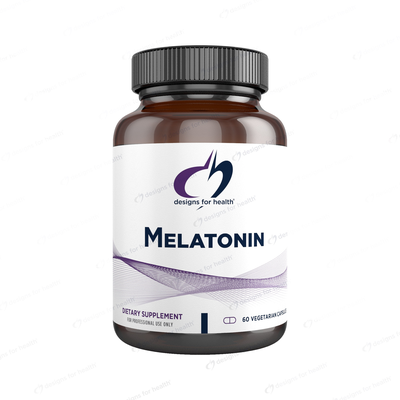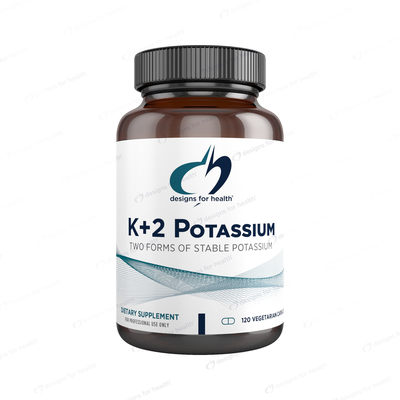MUSCLE3X
BLOOD PRESSURE SUPPORT KIT
BLOOD PRESSURE SUPPORT KIT
Couldn't load pickup availability
Overview
Blood pressure homeostasis is a clear indication of health. Approximately 9 million deaths due to high blood pressure occur each year. (16) This makes essential hypertension the most prominent disease worldwide. Uncontrolled blood pressure increases the risk for heart-related problems such as stroke, coronary artery disease, and heart failure. When left untreated, high blood pressure may lead to chronic kidney disease, disability, and even death. (4)
Interventions aimed at lowering blood pressure improve comorbidities and outcomes. Patients with uncomplicated grade 1 hypertension experience decreased risk of stroke and death when lowering blood pressure by an average of 3.6 mmHg systolic, and 2.4 mmHg diastolic. (23) Targeting reductions in blood pressure, as well as underlying mechanisms, is key to an integrative treatment plan.
Based on current research findings presented below, the ingredients in this protocol have demonstrated efficacy in improving blood pressure profile.
Support your treatment plan with this blood pressure handout for patients.
Magnesium
Magnesium
300-450 mg of elemental magnesium, total per day, 1 to 6 months (5)(26)
- An inverse correlation between levels of circulating magnesium and the incidence of hypertension has been clearly identified (12)
- Meta-analysis of three trials (14,876 participants, 6.7 year follow up) found that every 0.1 mmol/L incremental increase in circulating Mg levels was associated with 4% (RR, 0.96; 95% CI: 0.94, 0.99) reduction in hypertension incidence (25)
- Patients with insulin resistance, prediabetes, and other chronic noncommunicable diseases supplemented with 365 to 450 mg per day of magnesium had an overall decrease in blood pressure with a mean reduction in systolic by 4.18 mmHg and diastolic by 2.27 mmHg (5)
- Supplementation with a median dose of 368 mg per day of magnesium for a median duration of three months increased serum magnesium by 0.05 mmol/L and resulted in decreasing systolic blood pressure by 2.0 mmHg and diastolic blood pressure by 1.78 mmHg (26)
- Supplementation with magnesium decrease systolic and diastolic blood pressure by 3-4 mm Hg and 2-3 mm Hg respectively across trials with a range of 120-973 mg per day supplementation for 3-24 weeks; supplementation with more than 370 mg per day demonstrated an increased effect size (14)
Garlic
Garlic (Allium sativum)
300-960 mg, total per day, minimum 8 to 12 weeks (15)(18)(22)
- Findings across multiple meta-analysis and systematic reviews found supplementation with garlic resulted in a decrease in systolic and diastolic blood pressure (19)(24)(20)
- Analysis found a higher impact for blood pressure lowering effects in subgroups with hypertension than normotensive subjects (19)(24)(20)
- Systolic blood pressure decreased in patients with uncontrolled hypertension after being treated for 12 weeks when compared to placebo; patients with systolic blood pressure more than 140 mmHg experienced more benefits from supplementation (18)
Vitamin C
Vitamin C
500 mg total per day, minimum 6 weeks (10)(7)(11)(13)
- Supplementation improved blood pressure as shown by an average weighted mean difference for systolic blood pressure decreased by 4.09 and diastolic blood pressure by 2.30 (10)
- Risk of cardiovascular disease and stroke decreased as shown by a decrease in systolic blood pressure when supplemented with vitamin C (7)
- Supplementation decreased average systolic and diastolic blood pressure with 1-month supplementation, additionally state-trait anxiety inventory and visual analogue mood scale (11)
- Pooled analysis found a decrease in systolic blood pressure by 3.84 mm Hg and diastolic blood pressure by 1.48 mm Hg (13)
Melatonin
Melatonin
2-3 mg, 1-2 hours prior to sleeping, minimum 3 weeks (21)(9)(3)
- Untreated essential hypertension in men demonstrated a decrease in systolic and diastolic blood pressure by 5 mmHg and 4 mmHg respectively when given 2.5 mg of melatonin 1 hour before bed for 3 weeks; this effect was best in patients with essential hypertension (21)
- Nocturnal hypertension was decreased with the most effect being seen between 2 am and 5 am in males given 2 mg of controlled-release melatonin 2 hours before bedtime when compared to placebo (9)
- Nocturnal blood pressure decreased in women aged 47 to 63 with treated essential hypertension when given 3 mg of slow-release melatonin for 3 weeks 1 hour before bedtime when compared to placebo (3)
Potassium
Potassium
950-3500 mg (30-90 mmol) total per day, minimum 4 weeks (1)(2)(6)(8)
- Intake of at least 90 mmol (3500 mg) per day of potassium correlated with reduction of blood pressure by 4.48 mmHg (systolic) and 2.96 mmHg (diastolic) (6)
- Decreased blood pressure in normotensive and hypertensive patients with hypertensive patients having a more significant reduction (1)(17)
- Elderly patients with untreated hypertension experienced a decrease in supine blood pressure when supplemented with 60 mmol (2346 mg) per day of potassium chloride for 4 weeks (8)
- Improvements in blood pressure were observed after 6 weeks of supplementation with potassium; 30 mmol of potassium citrate per day resulted in a decrease in mean blood pressure by 5.22 mmHg, while potassium chloride demonstrated a decrease by 4.70 mmHg (2)
Share
